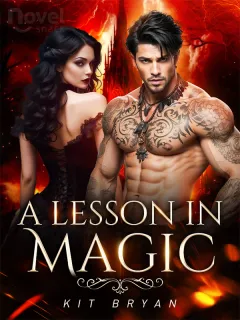A pack of their own
3.3m Views · Completed · dragonsbain22
Being the middle Child ignored and neglected, rejected by family and injured, She receives her wolf early and realizes she is a new type of hybrid but doesn't know how to control her power, she leaves her pack with her best friend and grandmother to go to her grandfather's clan to learn what she is and how to handle her power and then with her fated mate, her best friend and her fated mate little ...





























